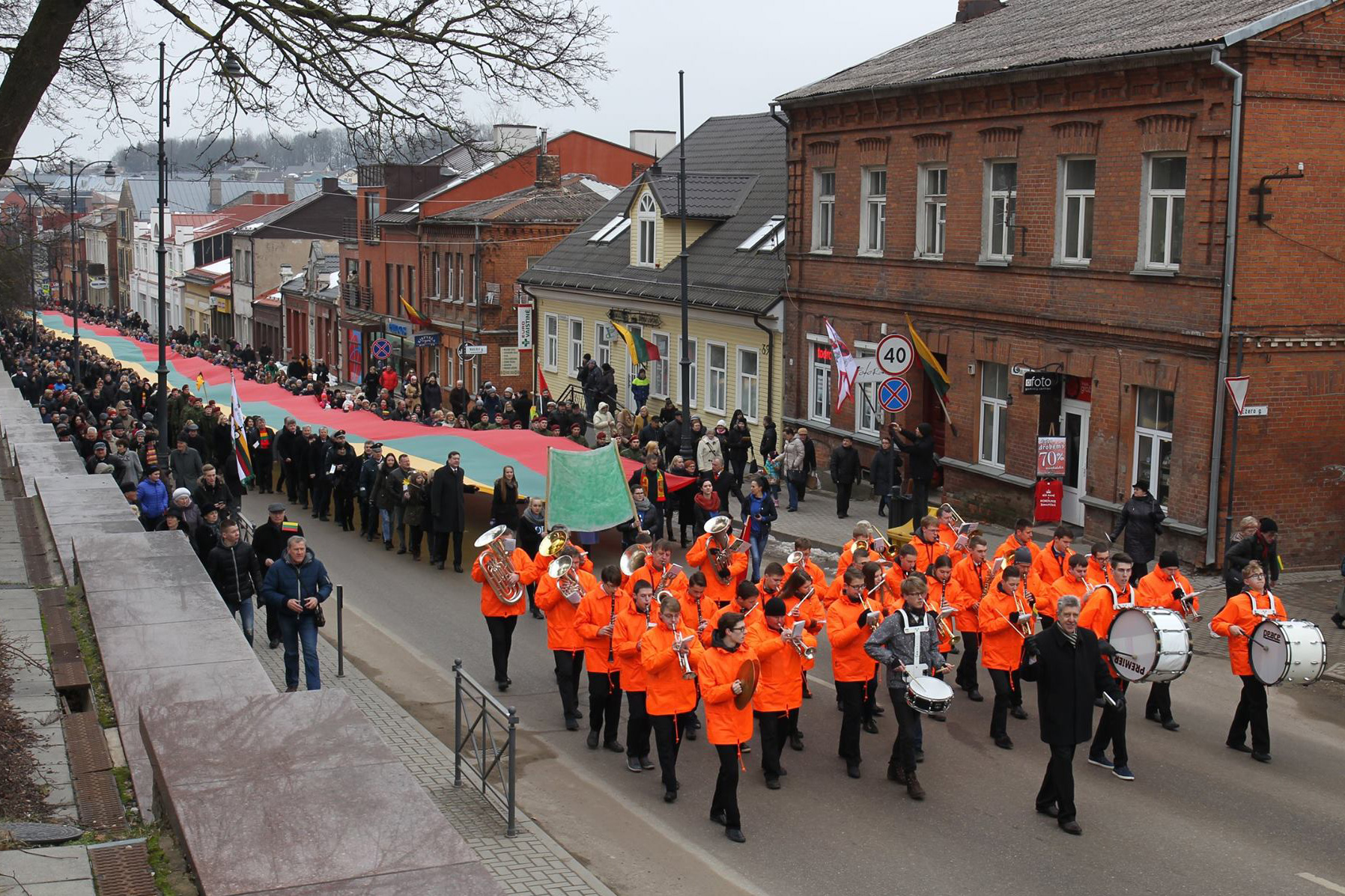|
Telšiai Bernardine Monastery
Telšiai Bernardine monastery and seminary complex is a monastery in Lithuania. It is one of the most important sacred buildings in the region of Samogitia. Location It stands on the northern shore of Lake Mastis, upon the hill of Insula. History The buildings rose for the first time in the 17th century. The complex comprises the Bernardines (Franciscans), Bernardine monastery and church (which in 1926 became a cathedral), the seminary, the Episcopal palace, school and other buildings.The Franciscan Observantists, known in the region as Bernardines after their monastery in Kraków in order to distinguish them from Franciscan Conventuals, were invited to Lviv by Andrzej Odrowąż in 1460. The establishment of a Bernardine monastery in Telšiai was initiated by a Telšiai elder, Grand Duchy of Lithuania, Lithuanian Grand Duchy chancellor along with his wife Kotryna - Goslauskaitė-Valavičienė Sapiegienė. Confirmation was received from Sigismund III Vasa, monarch of the un ... [...More Info...] [...Related Items...] OR: [Wikipedia] [Google] [Baidu] |
Telšiai
Telšiai (; Samogitian language, Samogitian: ''Telšē'') is a city in Lithuania with about 21,499 inhabitants. It is the capital of Telšiai County and Samogitia region, and it is located on the shores of Lake Mastis. Telšiai is one of the oldest cities in Lithuania, probably dating earlier than the 14th century. Between the 15th and 20th centuries, Telšiai became a district capital. Until 1795, Telšiai County formed the Duchy of Samogitia within the Grand Duchy of Lithuania. Between 1795 and 1802 it was included in the Vilnius Governorate. In 1873, Telšiai was transferred to the Kovno Governorate. Names The name Telšiai is a variant of the same Lithuanian language root (''-telš-'', ''-tilž-'') as Tilžė or Talsi with the meaning connected to water. The name Telšiai or Telšē in Samogitian dialect of Lithuanian is derived from a verb ''telkšoti'' (literally, ''to be flooded with water'', ''to splash'', etc.). It is a cognate to the Greek thalassa - ''sea'', compare ... [...More Info...] [...Related Items...] OR: [Wikipedia] [Google] [Baidu] |

